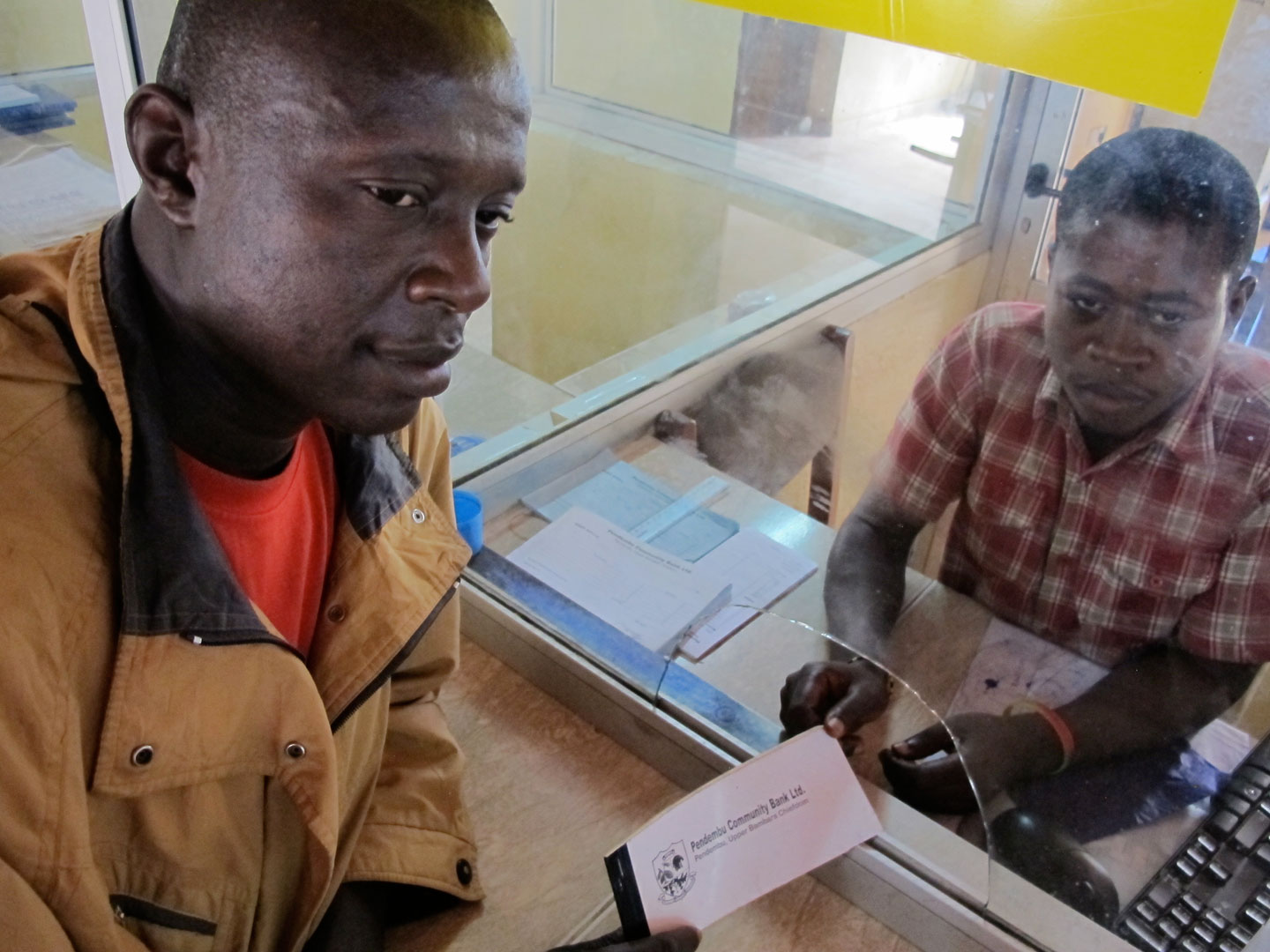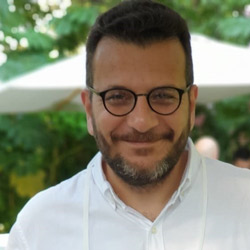Facility for Refugees, Migrants, Forced Displacement and Rural Stability
farms banner

Facility for Refugees, Migrants, Forced Displacement and Rural Stability
FARMS
Helping host communities and displaced people by making agricultural systems more productive and sustainable
In recent years, forced displacement has become a global problem of unprecedented scale, driven by conflict, violence, persecution and human rights violations. While the total number of displaced people reached an all-time high of nearly 60 million people in 2015, global attention has focused on the Near East and North Africa (NENA) region, where continued conflict and violence most acutely affect Iraq, Syria, Yemen and neighbouring countries. The total population of concern in the region is estimated at around 22 million people.
According to the Stockholm Declaration, “at the root of conflict and fragility lie injustice, human rights violations, inequality, exclusion, poverty, poor management of natural resources and the absence of inclusive political settlements and capable institutions.” Therefore, people in crisis need more than relief and emergency services; people, communities and countries in crisis also need development strategies that solve underlying problems over the long term.
What is often not recognized is that forced displacement has a strong rural dimension. Large numbers of displaced people originate from rural areas, and now live in rural host communities, within or outside their home countries. This leads to the degradation of agricultural land and a collapse in food production in the areas left behind. It also increases pressure on natural resources, food security and agricultural systems in the host communities.
Investing in agriculture and rural people is critical to sustainably addressing forced displacement, poverty and food security. It helps to increase the self-reliance of displaced persons, and strengthens the resilience of host communities. It also contributes to providing durable solutions to situations of protracted displacement, and helps rural returnees re-establish their livelihoods and agricultural production.
As part of its response to the ongoing crisis, IFAD has established a Facility for Refugees, Migrants, Forced Displacement and Rural Stability (FARMS).
FARMS' goal is to ensure that poor rural people overcome poverty by building remunerative, sustainable and resilient livelihoods.
Looking at the crisis holistically, FARMS’ objectives cover both host and origin (or sending) areas. FARMS helps host communities cope with the influx of displaced people by making their agricultural systems, the basis of their livelihoods, more productive and sustainable.
FARMS supports displaced families by helping them develop marketable skills, thereby increasing their incomes and self-reliance. They will thus be better prepared to return home and re-establish their livelihoods when the situation improves.
Economic opportunities will also be created in countries of origin, so that those who left have income-generating opportunities to return to, and those who remained have a chance to rebuild their livelihoods and agricultural production.
FARMS aims to:
- create at least 1 million days of temporary work and a minimum of 20,000 jobs;
- establish more than 500 community infrastructure projects, including building roads, irrigations systems and markets;
- improve the management of natural resources;
- deliver a range of agriculture-related trainings; and
- increase access to financial services
Contacts
Asset Publisher

Related stories
Asset Publisher
Lifelong hobbies become lifelines for Syrian refugees in Jordan
Since 2011, over 700,000 Syrian refugees have crossed the border into Jordan. Here, both refugees and host communities in rural areas frequently struggle with poverty as water scarcity, feed shortage and rangeland degradation make farming a challenge. Meet three refugees that IFAD is helping to face these challenges.
Related news
Related publications
Related publications
Photobook: Supporting Syrian refugees and host communities in Jordan
The Small Ruminants Investment and Graduating Households in Transition Project (SIGHT) aims to reduce poverty and improve national food security among Syrian refugees and host communities in Jordan by providing a package of support to boost small-ruminant productivity.
Global Forum on Remittances, Investment and Development 2018 – Official Report
This report presents the highlights and key outcomes of the first country-led Global Forum on Remittances, Investment and Development, hosted by Bank Negara Malaysia in collaboration with IFAD and the World Bank Group.
Facility for Refugees, Migrants, Forced Displacement and Rural Stability (FARMS)
Related documents
Related videos
Please enter a valid video URL.
The URL can point to any video file or a Youtube video.